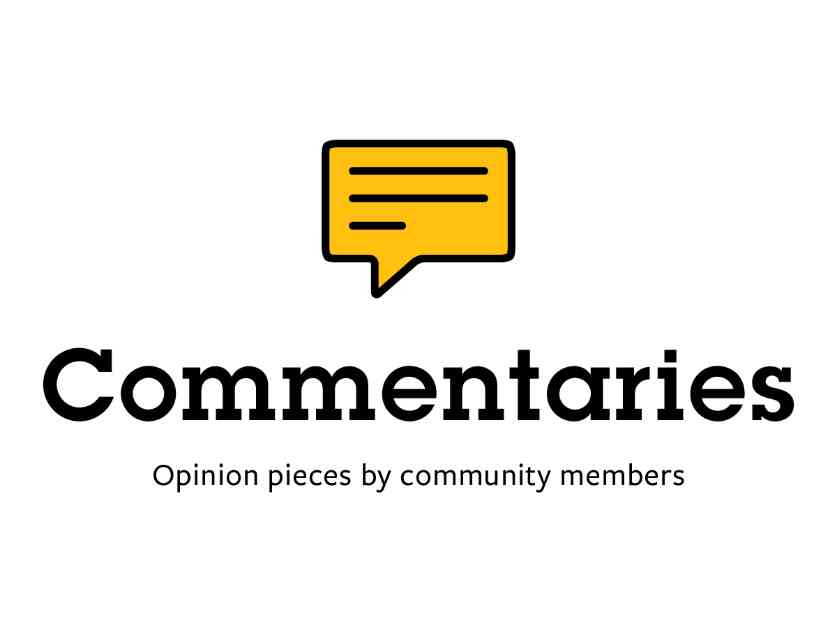Addressing Immigration Enforcement in Schools: A Critical Perspective
In the realm of education, ensuring the safety and well-being of students is a top priority. However, the complexities of navigating information sharing, especially in the context of immigration enforcement, can present significant challenges for educators. T. Elijah Hawkes, an esteemed author and educator from Middlesex, sheds light on the intricacies involved in safeguarding students while upholding their rights.
The Quandary of Information Sharing
One of the fundamental dilemmas educators face is determining who should have access to crucial information about students to meet their needs effectively. Special educators working with children with disabilities often grapple with questions about sharing details of a child’s disability to provide adequate support. From teachers to recess supervisors to athletic coaches, the web of individuals involved in a student’s life raises critical questions about privacy and necessity.
Legal Ramifications and Student Rights
The stakes escalate when a student’s behavior raises concerns that extend beyond the classroom. In scenarios involving child abuse, harassment, or drug-related issues, educators must carefully consider what information to disclose to uphold legal obligations, respect rights, and preserve access to education. As the specter of potential deportation looms over immigrant students and families, Vermont educators are at the forefront of developing model policies to safeguard their rights.
Urgency for Policy Review and Training
In light of evolving legal landscapes and enforcement practices, school districts nationwide must reevaluate their policies, procedures, and training protocols. Clarity on how to respond when law enforcement presents warrants for access to individuals or information is paramount. Hawkes’ personal experience underscores the importance of establishing clear guidelines and fostering partnerships between educators and law enforcement to ensure student safety.
As we navigate the intersection of immigration enforcement and education, it is imperative to protect the rights of all students, regardless of background. By proactively addressing these challenges, educators can create a safer, more inclusive learning environment for everyone. The efforts led by the Vermont Education Justice Coalition exemplify a commitment to upholding student rights and fostering a culture of respect and collaboration within our schools. Let us remember that in safeguarding the rights of one, we enhance the well-being of all.









